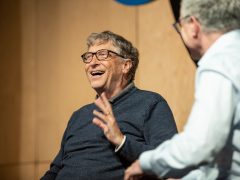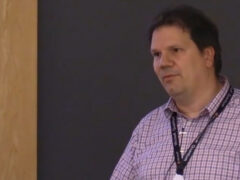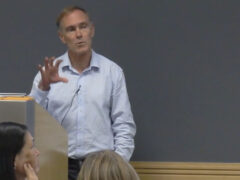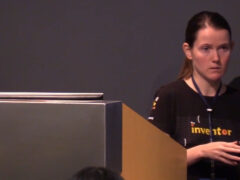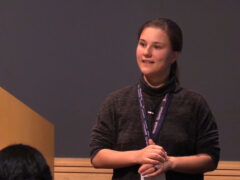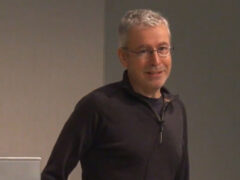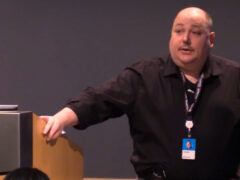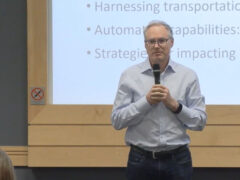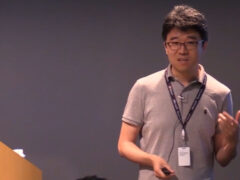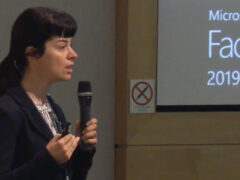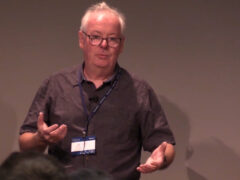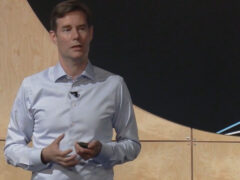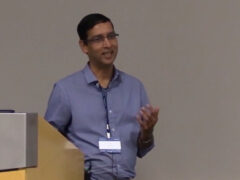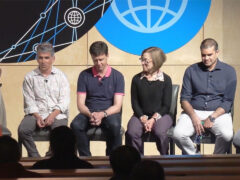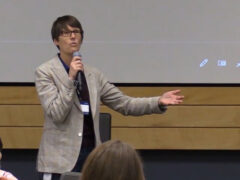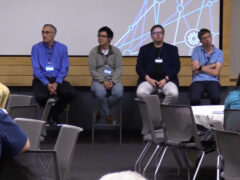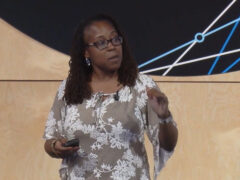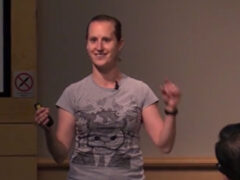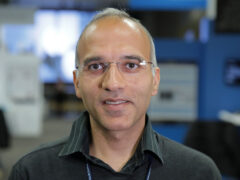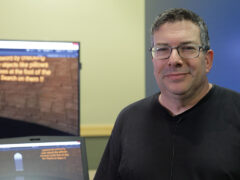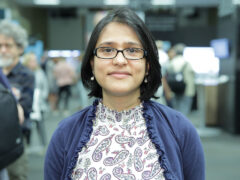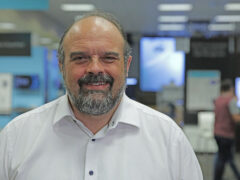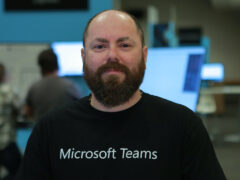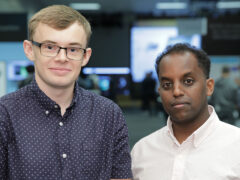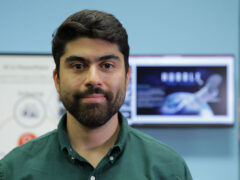Database Systems Exploiting New Hardware Platforms
- Jignesh Patel, Justin Levandoski, Paul Larson, and Thomas Neumann | Microsoft Research, Technische Universität München, University of Wisconsin
- Faculty Summit 2013
Main memory databases have become increasingly important as a way to provide high-performance OLTP (on-line transaction processing) capability. By restricting data to by main memory resident, rather than storing disk resident data entirely in the main memory cache, it is possible to use new technology that results in much better performance. This new setting calls for a revolution in the access methods, concurrency control, and recovery. It reduces the need for high scalability because peak performance is so much higher.
This session of the 2013 Microsoft Research Faculty Summit explores main memory technologies, the performance that they produce, the problems encountered, and the prospects going forward.
Speaker Details
Thomas Neumann conducts research on database systems, focusing on query optimization (computing efficient query strategies) and query processing (efficient query execution). He studied business information systems at the University of Mannheim and received a doctorate in informatics from the same university in 2005. Before joining TUM (2010), Neumann was a senior researcher at the Max Planck Institute for Informatics in Saarbrücken. He acquired his postdoctoral teaching qualification (habilitation) in informatics from Saarland University (2010).
Jignesh M. Patel is an Associate Professor at the University of Wisconsin. He received his PhD from the University of Wisconsin in 1998. Right after graduation, he worked with NCR Corp. to commercialize his thesis project on parallel object-relational database systems. From 1999-2008 he was a faculty member at the University of Michigan. In 2008 he returned back to Wisconsin, this time as a faculty member. Jignesh is the recipient of an NSF Career Award, two IBM Faculty Awards, and four Microsoft BARC Research Fund Grants.
-
-
Jeff Running
-

Justin Levandoski
Senior Researcher
-
Paul Larson
-
-
Series: Microsoft Research Faculty Summit
-
-
-
Cars, Computing and the Future of Work: Specific topics of mutual interest
- Linda Boyle,
- Ed Doran,
- John Lee
-
-
-
Crowd, Cloud and the Future of Work: Updates from human AI computation
- Pietro Michelucci,
- Lucy Fortson,
- Franco Pestilli
-
-
Cars, Computing and the Future of Work: A UW & MSR Workshop: Welcome and Overview of Projects
- Linda Boyle,
- Ed Doran,
- Eric Horvitz
-
-
Crowd, Cloud and the Future of Work: Welcome and Updates
- Besmira Nushi,
- Ece Kamar,
- Kori Inkpen
-
Empowering People to Achieve More: How Useful a Concept is Productivity?
- Brendan Murphy,
- Yvonne Rogers,
- Steve Whittaker
-
Keynote - The Future of Work And the Power of Data
- Johannes Gehrke
-
Productivity in Software Development
- Neel Sundaresan,
- Margaret-Anne Storey,
- Prem Kumar Devanbu
-
Artificial Emotional Intelligence, Social Systems, and the Future of Collaboration
- Mary Czerwinski,
- Mark Ackerman,
- Gloria Mark
-
Workers of the World, Connect! Tech Innovations and Organizational Change for the Future of Work(ers)
- Mary Gray,
- Jamie Woodcock,
- Louise Hickman
-
Increasing AI Programmer Productivity
- Markus Weimer,
- Sarah Bird,
- Ce Zhang
-
Human-AI Collaboration for Decision-Making
- Besmira Nushi,
- Ayanna Howard,
- Jon Kleinberg
-
Future of Spreadsheeting
- Ben Zorn,
- Felienne Hermans,
- Daniel Barowy
-
Program Synthesis meets Notebooks
- Sumit Gulwani
-
Accessible Virtual Reality
- Eyal Ofek
-
Calendar.help: A Virtual Meeting Scheduling Assistant
- Pamela Bhattacharya
-
Visual Studio IntelliCode
- Mark Wilson-Thomas
-
Microsoft Teams: Collaborate with Any Researcher Anywhere
- Jethro Seghers
-
Project Alava: Programming Webs of Microcontrollers
- James Devine,
- Teddy Seyed
-
AI in PowerPoint
- Kostas Seleskerov

